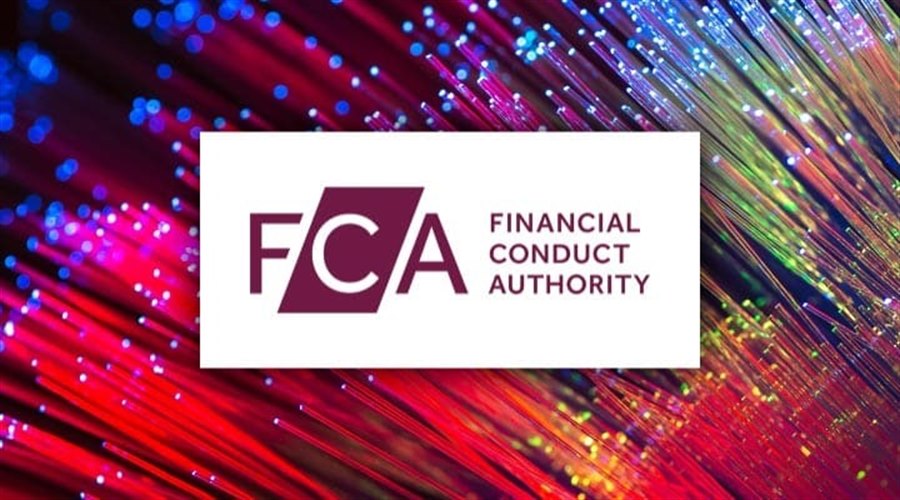The FCA announced it had launched a 3-year plan to ‘improve outcomes for consumers and in markets throughout the UK.’ Part of the three-year plan is to maintain higher standards while at the same time promote healthy competition.
The FCA will make further use of its resources to prevent significant harm to consumers. The UK regulator, for the first time will be accountable against ‘published outcomes and performance metrics.’
One of the key parts of the FCA’s strategy is to shut down companies that do not meet basic regulations. 80 individuals will be recruited to substantially reduce fraudulent activities.
Nikhil Rathi, Chief Executive of the Financial Conduct Authority said, “Our new strategy enables the FCA to respond more quickly to the rapidly changing financial services sector.
“It will give us a foundation to continuously improve for the benefit of our stakeholders, and respond swiftly to economic and geopolitical developments.”
FCA and Crypto Firms
Greater attention will be paid to crypto firms that conduct illegal activities or harm consumers.
“We will intervene where crypto asset firms are at risk of being used as conduits for illegal activity and where firms pose harm to consumers or market integrity. We are increasingly data-led, focusing on the effectiveness of systems and controls so we can:
• detect financial crime faster
• disrupt and pursue firms and individuals
• remove FCA regulated fraudsters from the financial system
source: FCA
The FCA also announced that major upgrades will be made to its market surveillance system over the next 2 years. The upgrades were not disclosed at this stage but it may strengthen the FCA’s ability to keep track on various market abuse techniques.
The systems will evolve from market monitoring to as close as possible to real time.
FCA Customer Duty
The FCA Consumer Duty may be enforced in its future plan. This will require financial firms to ‘act in good faith, avoid foreseeable harm to their customers and support and empower them to make good financial decisions.’
• they provide products and services that meet the needs of their customers and offer fair value
• consumers are equipped with information to make effective, timely and informed decisions about products and services
• consumers receive good customer service. These proposals aim to ensure firms consider the needs of their customers – including those with characteristics of vulnerability – and how they behave, at every stage of the customer journey.
source: FCA
The regulator would also like to ensure consumers are fully aware of the product they are purchasing including some evidence of it.
The FCA announced it had launched a 3-year plan to ‘improve outcomes for consumers and in markets throughout the UK.’ Part of the three-year plan is to maintain higher standards while at the same time promote healthy competition.
The FCA will make further use of its resources to prevent significant harm to consumers. The UK regulator, for the first time will be accountable against ‘published outcomes and performance metrics.’
One of the key parts of the FCA’s strategy is to shut down companies that do not meet basic regulations. 80 individuals will be recruited to substantially reduce fraudulent activities.
Nikhil Rathi, Chief Executive of the Financial Conduct Authority said, “Our new strategy enables the FCA to respond more quickly to the rapidly changing financial services sector.
“It will give us a foundation to continuously improve for the benefit of our stakeholders, and respond swiftly to economic and geopolitical developments.”
FCA and Crypto Firms
Greater attention will be paid to crypto firms that conduct illegal activities or harm consumers.
“We will intervene where crypto asset firms are at risk of being used as conduits for illegal activity and where firms pose harm to consumers or market integrity. We are increasingly data-led, focusing on the effectiveness of systems and controls so we can:
• detect financial crime faster
• disrupt and pursue firms and individuals
• remove FCA regulated fraudsters from the financial system
source: FCA
The FCA also announced that major upgrades will be made to its market surveillance system over the next 2 years. The upgrades were not disclosed at this stage but it may strengthen the FCA’s ability to keep track on various market abuse techniques.
The systems will evolve from market monitoring to as close as possible to real time.
FCA Customer Duty
The FCA Consumer Duty may be enforced in its future plan. This will require financial firms to ‘act in good faith, avoid foreseeable harm to their customers and support and empower them to make good financial decisions.’
• they provide products and services that meet the needs of their customers and offer fair value
• consumers are equipped with information to make effective, timely and informed decisions about products and services
• consumers receive good customer service. These proposals aim to ensure firms consider the needs of their customers – including those with characteristics of vulnerability – and how they behave, at every stage of the customer journey.
source: FCA
The regulator would also like to ensure consumers are fully aware of the product they are purchasing including some evidence of it.

